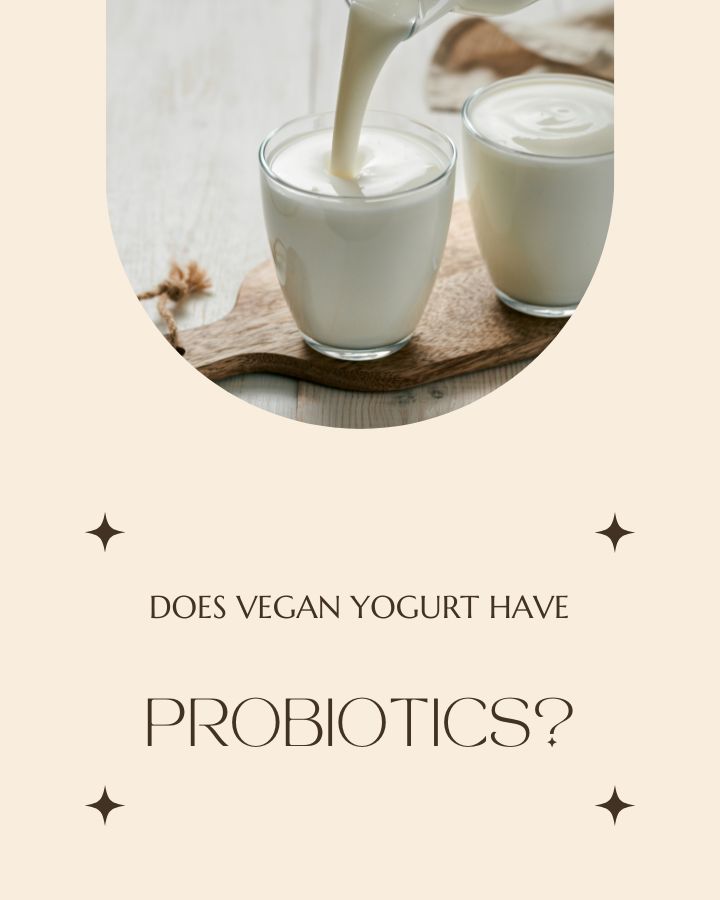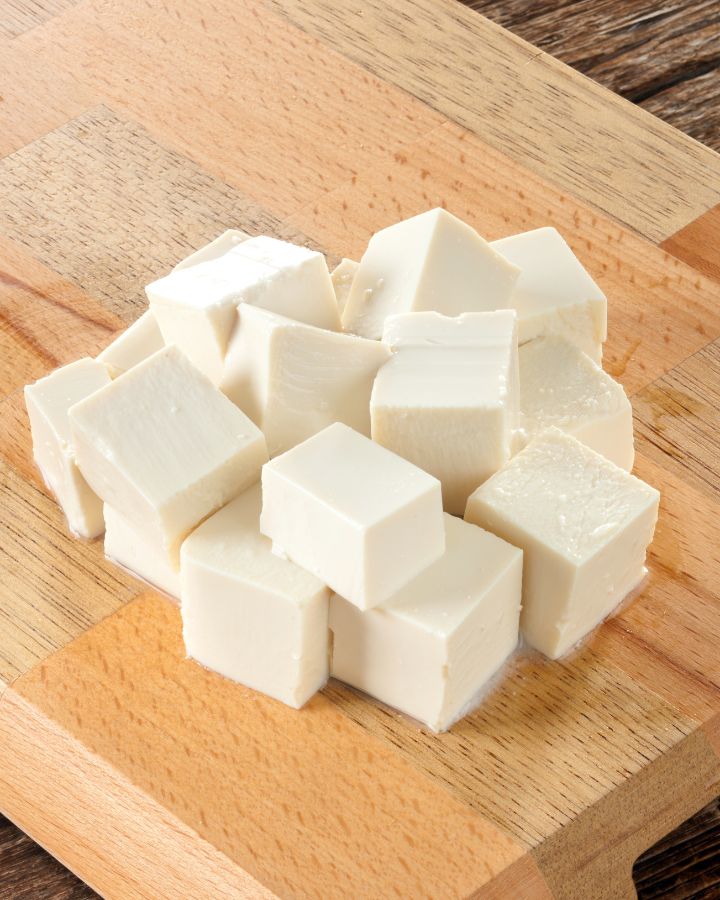Here, I’ve answered some of the most common questions vegans (and vegetarians) get asked on a regular basis. Whether you’ve been wondering about these things yourself, or are a vegan looking for some nice comebacks the next time someone inquires about your lifestyle choices, you’re likely to find some answers here.
What is a vegan?
The term vegan refers to people who choose not to eat or use any animal products. This includes meat, seafood, eggs and dairy products, other animal products, such as either, such as leather, fur, silk, and wool, as well as products and/or services that were tested on animals or are in any way associated with animal suffering and exploitation.
How is being vegan different from being vegetarian?
Vegetarians don’t eat animal products that come from dead animal parts, which typically includes all meat and seafood, but they usually eat eggs and dairy, as well as honey. Some also avoid leather and fur, while others don’t.
What is the difference between vegan and plant based?
Veganism is a way of living that aims to avoid animal products for ethical reasons, while the term plant-based typically refers specifically to one’s diet.
Plant-based usually implies eating a diet that comprises predominantly plant-based food, but might still occasionally include animal products. The term is often associated with eating whole plant foods that are raw or minimally processed for health purposes.
Being vegan, on the other hand, is a lifestyle choice – living life in a way that does as little harm as possible to the animals. In the past few decades, this has expanded to include minimal harm to the environment as well. In addition to excluding all animal products from their diet, vegans also don’t purchase products made from or tested on animals, such as clothing, cosmetics, medicine and household products.
The two terms are not mutually exclusive, and a lot of people are both plant based and vegan. This means that they strive to eat a healthy, whole food, plant-based diet for ethical, environmental and personal reasons.
Why do people go vegan?
There are a lot of different reasons, such as preventing animal suffering and cruelty, environmental advantages, health benefits, allergies, religion, or a combination of these.
What can vegans eat?
Vegans choose not to eat products that are in any way associated with animal cruelty and exploitation. This means they are happy and excited to eat everything else that Mother Earth has to offer. Grains, beans, legumes, nuts, seeds, fruits and veggies, and everything that can be made combining these ingredients! And that’s pretty much everything that omnivores eat, minus animal products as ingredients. This includes soups, salads, stir fries, casseroles, pizza, tacos, burrito, lasagna, veggie burgers, sandwiches, barbecues, chillies, pancakes, waffles, cakes, cookies, brownies, ice cream… you get the picture.
Feel free to check out my recipe page here.
Is honey vegan?
Honey is produced by bees, so it’s technically not vegan. However, many vegans will still eat honey occasionally, since its production is not associated with the cruelties that are widespread in farms and slaughterhouses.
Is veganism expensive?
The biggest difference in the cost of food that we eat makes the quality of the ingredients and not whether they’re plant-based or not. Generally speaking, a cheap plant-based diet will be less expensive than a cheap omnivorous diet, simply because fruits, veggies, legumes and grains are cheaper than meat, dairy and eggs.
Does one person really make a difference?
Yes. One person going vegan can make a huge impact on the environment and animal welfare. You can find out more about how going vegan can help the animals here, and more about environmental veganism here.
Other animals kill for food; why shouldn’t we?
If humans did everything animals do, the world would be a very strange place, no? A very strange place indeed.
In all seriousness, carnivorous animals have to kill to survive. Their digestive system requires meat and they don’t have a choice. Not biologically, and not mentally, because they are animals and they act impulsively. People, at least I hope so, do not act impulsively and have the option to think about their choices.
Animal products, such as meat, milk and eggs, are an extremely potent source of energy, protein and minerals, so it makes perfect sense that humans have been taking advantage of those sources for hundreds of thousands of years. It has helped us survive and thrive on this planet, grow, develop and build civilizations.
But there are a lot of us on this planet now and most are still consuming as much or even more animal products than before. And that is not in any way sustainable. At the same time, our society has become so developed that we now no longer need to satisfy our nutritional needs as quickly as possible in the most convenient way possible in order to run, build, fight, and prevent our extinction. What’s more, we’ve developed new, alternative ways of feeding ourselves that don’t require meaningless suffering of animals.
This is also the answer to questions such as: “weren’t we made to eat meat?” “don’t we have teeth designed to eat meat?” and similar.
Don’t cows need to be milked?
Yes, but not by humans. Cows don’t simply produce milk because it’s in their nature. Just like other mammals, cows produce milk after they’ve given birth in order to feed their newborn calf. Most cows in the dairy industry are artificially inseminated, then separated from the calf and industrially milked to meet the demands of modern society.
Chickens lay eggs anyway; what’s so wrong with taking them?
If you want to learn more about how egg farming, you can read this short article on whether or not free-range eggs are ethical.
What is environmental veganism?
Veganism has numerous positive effects on the environment, including reducing greenhouse gas emissions, helping to slow down deforestation, reducing waste, and keeping the oceans cleaners. Environmental vegans are those whose primary reason for this lifestyle is the desire to create a sustainable diet that avoids the negative environmental impact of meat production. You can read more about the positive effects of a plant-based diet on the environment here.
Which books or documentaries do you recommend?
- Eating Animals, by Jonathan Safran Foer
- We are the Weather, by Jonathan Safran Foer
- Eat to Live, by Joel Fuhrman
- Slaughterhouse, by Gail A. Eisnitz
If you prefer to watch documentaries, I would definitely recommend watching the following:
- Cowspiracy
- Kiss the Ground
- A Life on Our Planet
- Forks Over Knives
- Earthlings (available on YouTube)
- Vegucated (available on YouTube)
- Hungry for Change (available on YouTube)
- Food Matters (available on YouTube)
- Fat Sick Nearly Dead (available on YouTube)



Leave a Reply